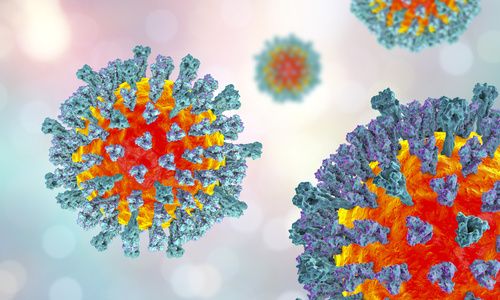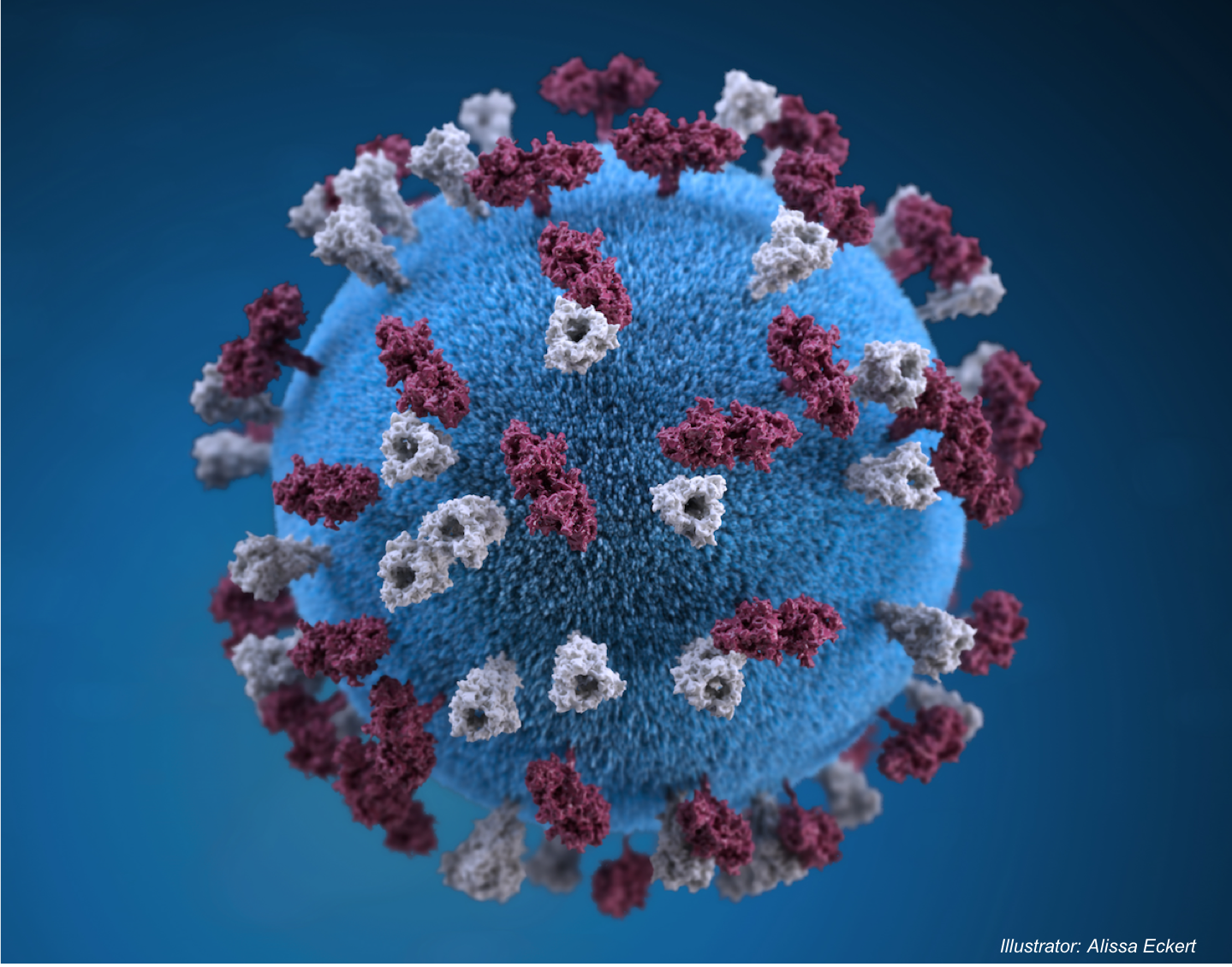
Skin & Soft Tissue Diseases
Latest News
Latest Videos

CME Content
More News
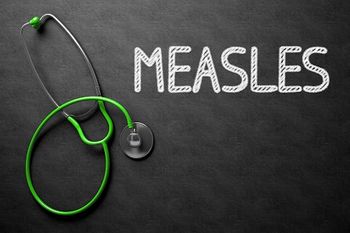
According to the CDC, there were no new cases of measles reported during the week of September 6-12, 2019.

Investigators have presented the microbiological, efficacy, and safety results in the pooled intravenous drug use vs non-intravenous drug use patients in 2 phase 3 ABSSSI studies, OASIS-1 and 2.
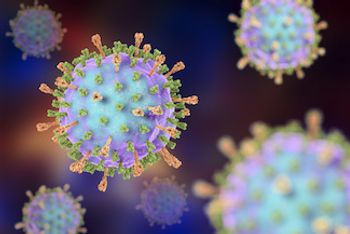
A new study of college-aged individuals demonstrated insufficient immunity in a fraction of participants who were vaccinated against mumps in childhood.

The European Regional Verification Commission for Measles and Rubella Elimination concluded that Albania, Czechia, Greece, and the United Kingdom have lost ground in the fight to eradicate measles.
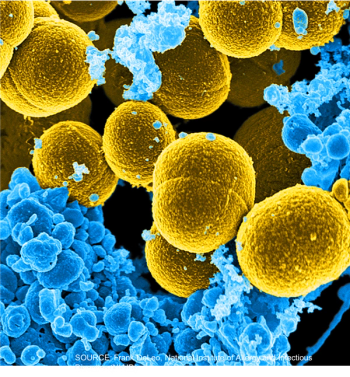
Evidence demonstrates that antimicrobial therapy with an anti-staphylococcal β-lactam antibiotic is the gold standard for treatment of SAB caused by MSSA, but confusion about which agent—particularly cefazolin versus an anti-staphylococcal penicillin—is preferred remains an unanswered question

As outbreaks of vaccine-preventable diseases grow, it is important to review vaccination recommendations by age group.

A study found no significant difference in outcomes between ceftazidime, carbapenems, and piperacillin-tazobactam as monotherapy for treating P aeruginosa, offering insight that may help antibiotic stewardship programs.

László Majoros, MD, PhD, discusses how nearly all invasive fungal infections are being treated with echinocandins.
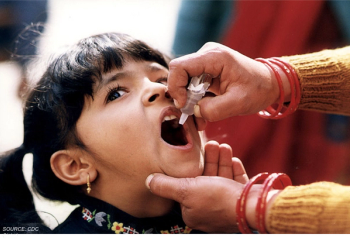
The disease remains endemic in the region but an increase in confirmed cases since the start of the year has raised concern.

Glenn Tillotson, PhD, discusses possible avenues for future research on gram-negative skin infections and inappropriate empiric therapy.

This In the Literature piece details a study evaluating MRSA nasal screening’s effect on antimicrobial stewardship.

During the week ending July 3, 2019, 14 new cases of measles were confirmed, a sharp decline from the week ending on March 23, 2019, in which 87 new cases were confirmed.

The research team used single site testing for 1442 (32%) patients with 54 positive (4%) results. Multiple site testing was performed on 3037 (68%) patients and 255 (8%) were positive from at least 1 site tested.

A new study investigates the association of S aureus colonization with specific Immunoglobulin E production with common food allergens and allergies in early childhood independent of eczema severity.

Merck, the sole supplier of the MMR vaccine in the United States, is increasing production to meet growing demand from areas where measles outbreaks are ongoing.

Here are the most recent recommendations for these tricky fungal infections in solid organ transplant recipients.
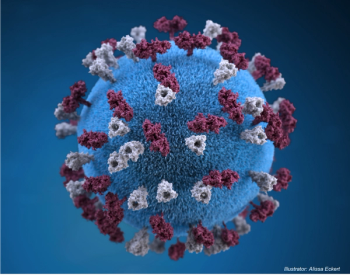
The CDC reports 704 cases of measles have been confirmed to date since January 1, 2019, across 22 states.

A new protocol avoids spinal taps and antibiotics in the quest for evaluating febrile infants.

Although the cause of childhood-onset type 1 diabetes remains unknown, a new study links a precursor of the condition to an abundance of certain viruses in the gut.

Post-discharge decolonization education and bioburden reduction could be critical to reducing MRSA infections.

The rise of Shingrix as a first-choice prophylaxis for shingles has lead to increased demand as the manufacturer commits to ramping up production.

Ibuprofen succeeded in fighting S aureus in a laboratory setting, although it’s not clear whether the same effect would hold true in patients with systemic infections.

A shocking find on a CT scan leads to an unexpected diagnosis.

The FDA has approved room temperature stable, premixed vancomycin injections, which will be available in ready-to-use bags.

Although IV antibiotics have been the standard of care for bone and joint infections, a new study finds that oral antibiotics were non-inferior.



